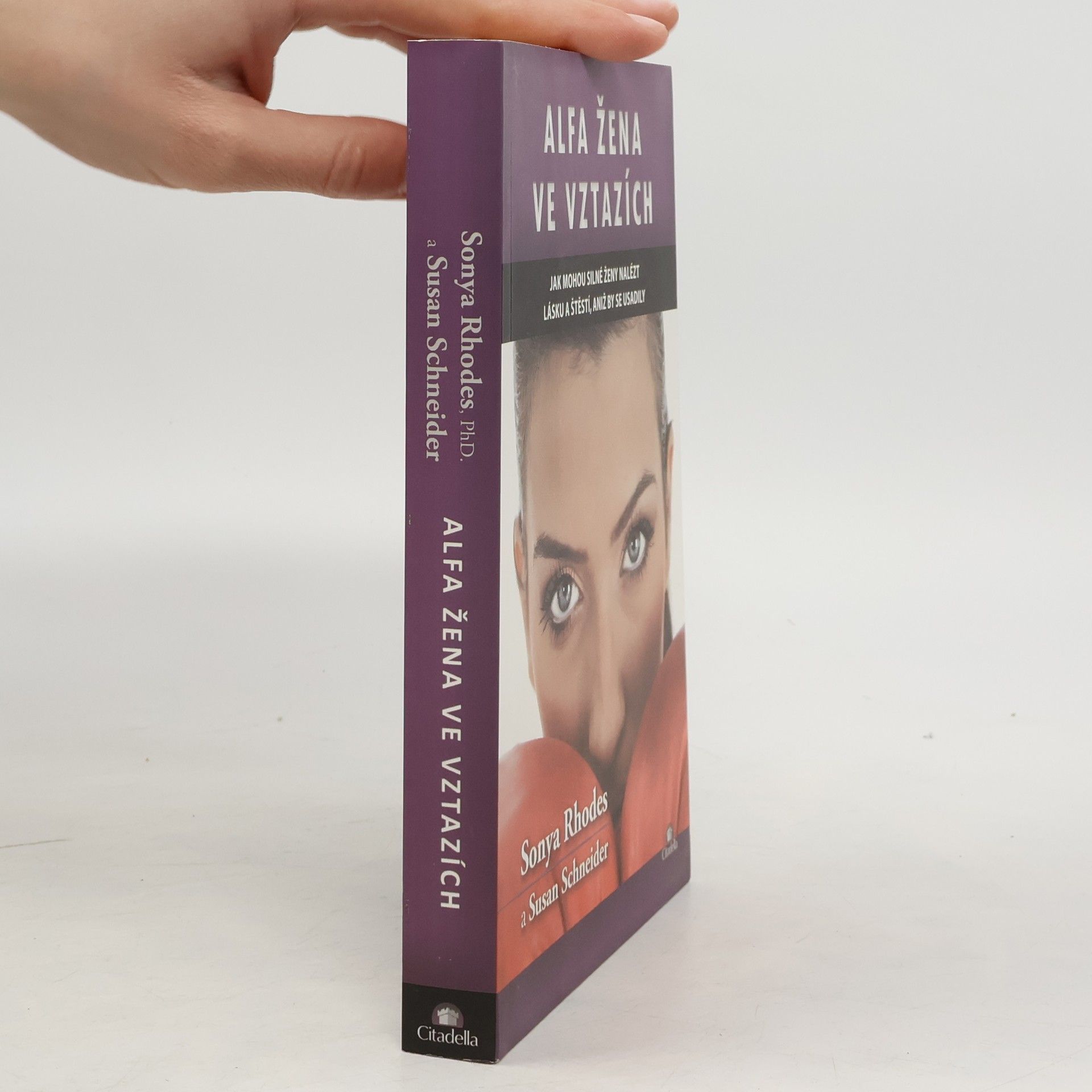Artificial You
- 192pages
- 7 heures de lecture
Humans may soon lose their status as Earth's most intelligent beings, as AI has already surpassed us in games like chess, Go, and Jeopardy! With predictions of AI achieving human-level intelligence in the coming decades, the implications for the future of the mind are profound. Susan Schneider argues that while AI will inevitably take intelligence in new directions, it is our responsibility to navigate this evolution wisely. As AI technology evolves, reshaping both the brain and potentially creating machine minds, we must proceed with caution. Homo sapiens, as designers of minds, risk manipulating "tools" like self, mind, and consciousness without fully understanding them. Schneider warns that a lack of comprehension regarding these concepts could lead to negative outcomes for conscious beings. To thrive, we must engage with the philosophical questions underlying AI and brain enhancement. Central to her inquiry are critical discussions about AI's capabilities: Can machines truly be conscious? Is merging with AI feasible, as suggested by figures like Elon Musk and Ray Kurzweil? Is the mind merely a program? Schneider explores these complex issues, proposing methods to assess machine consciousness and contemplating the potential dangers of creating intelligent machines.




